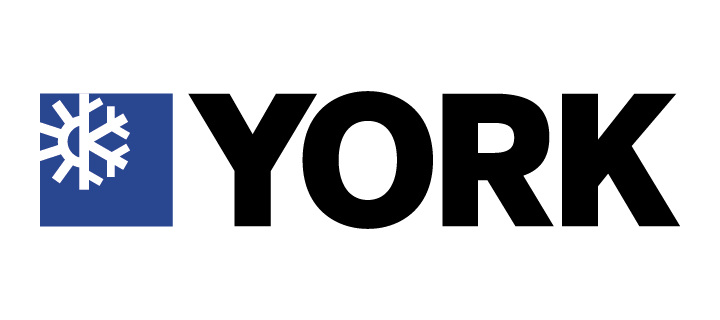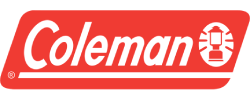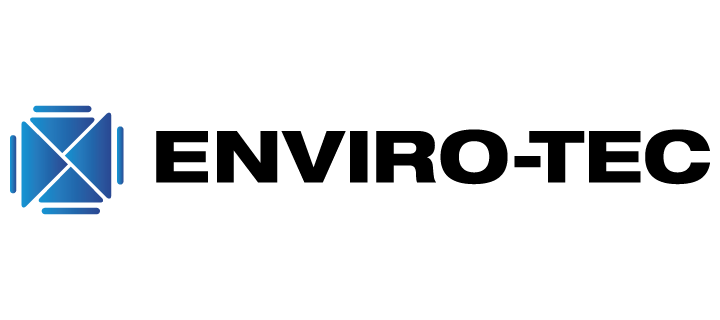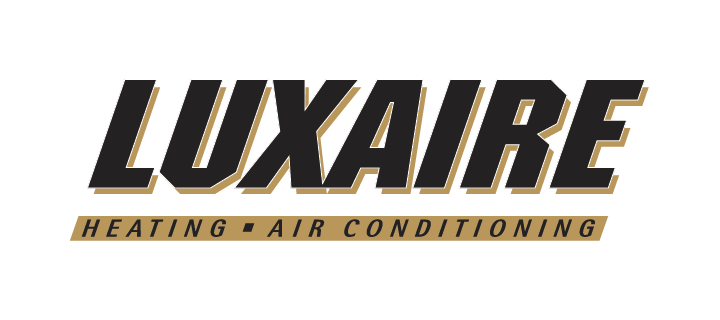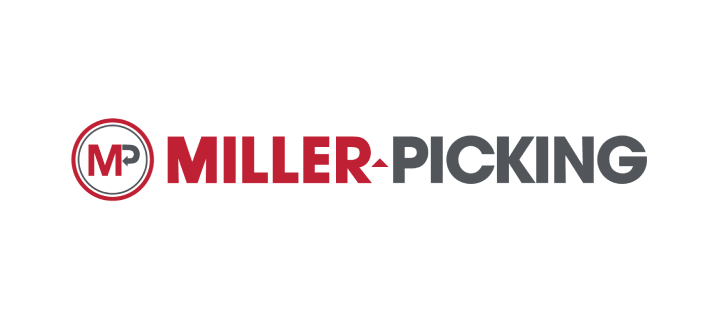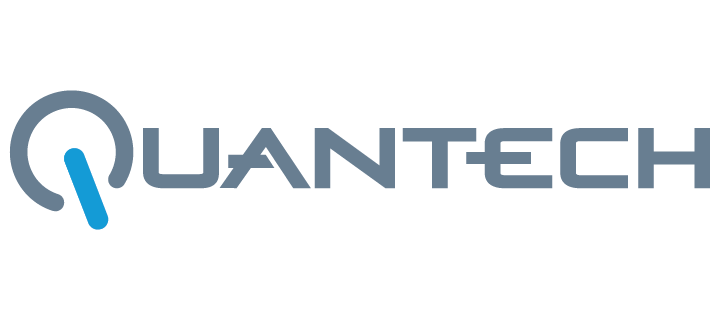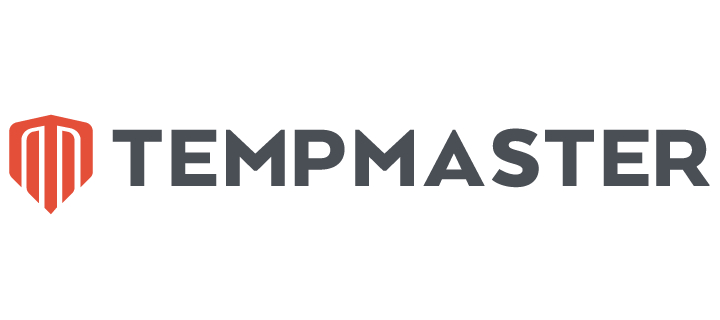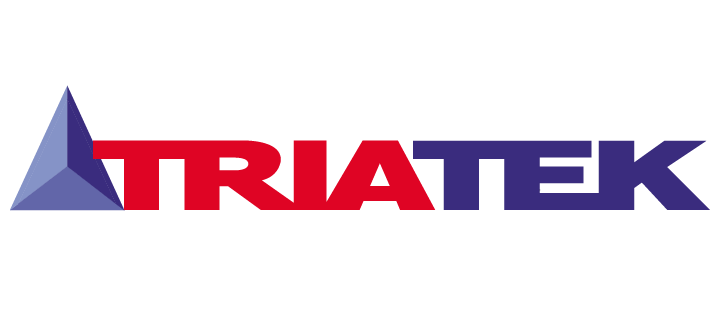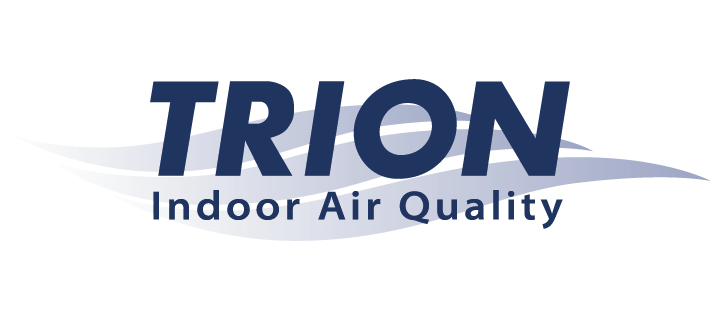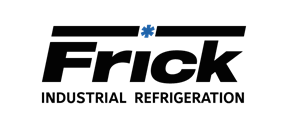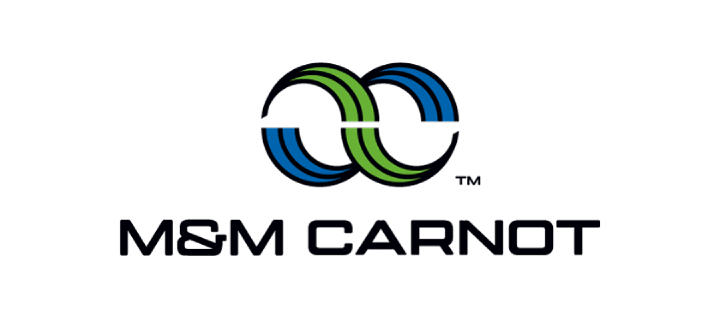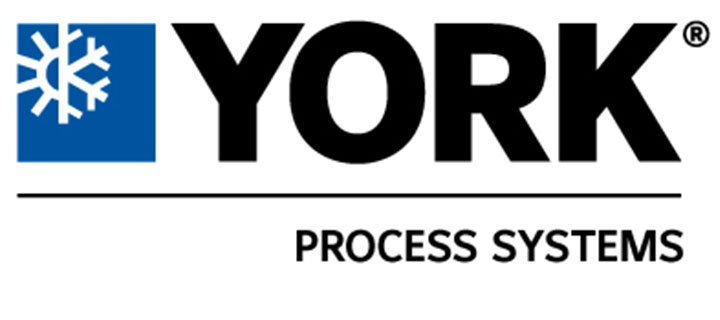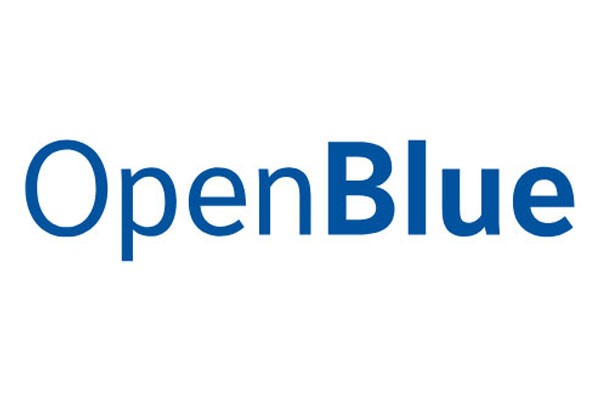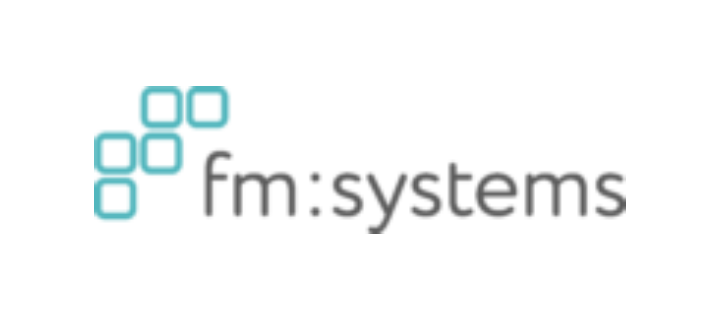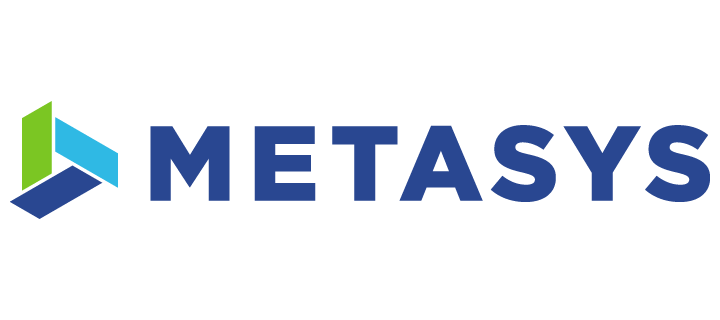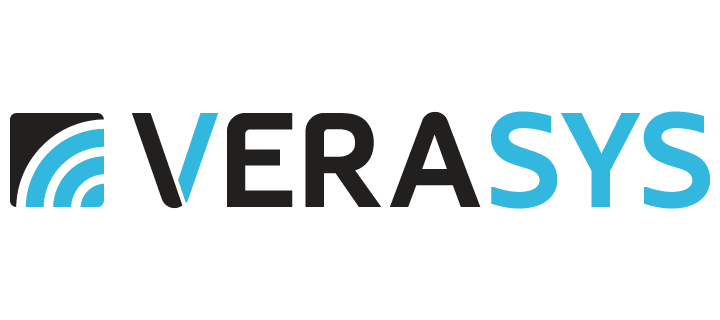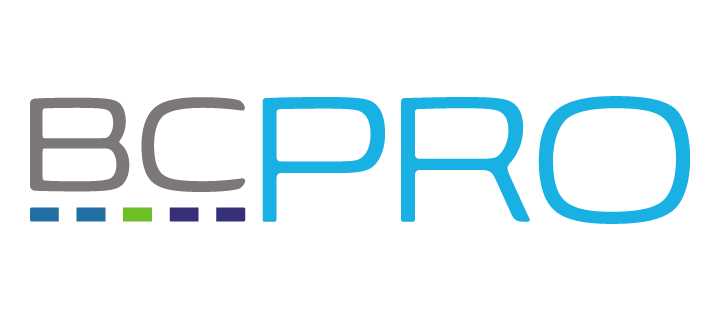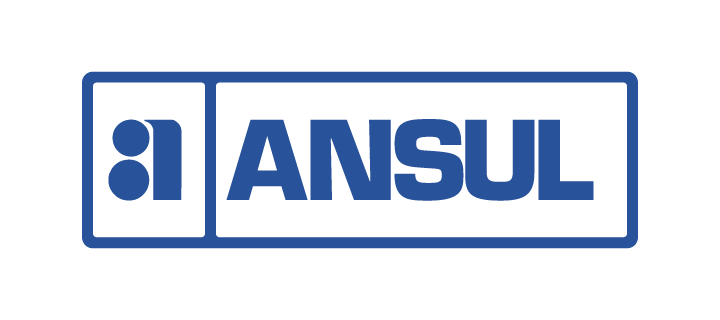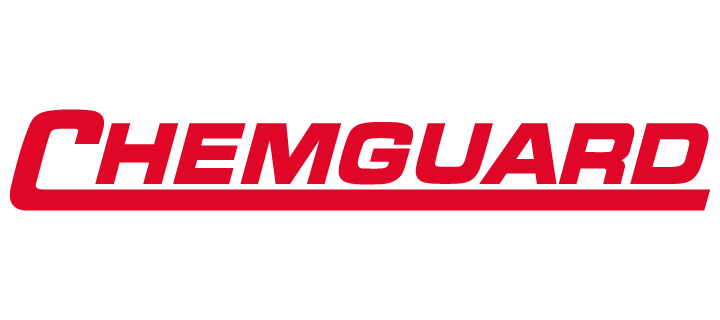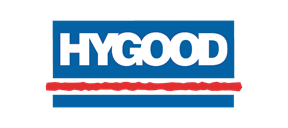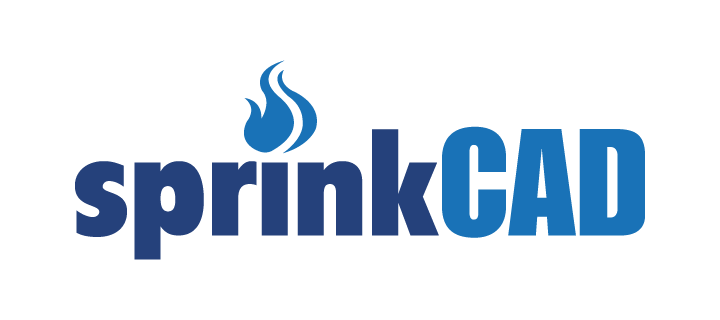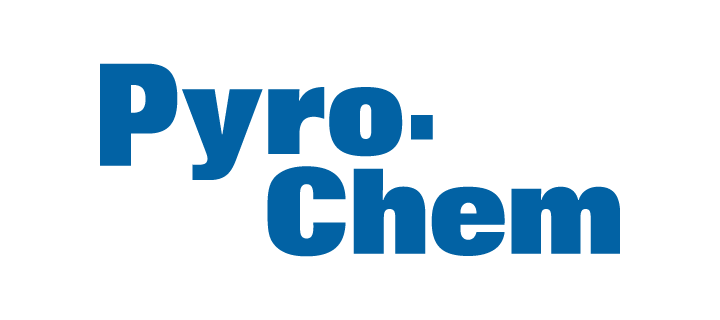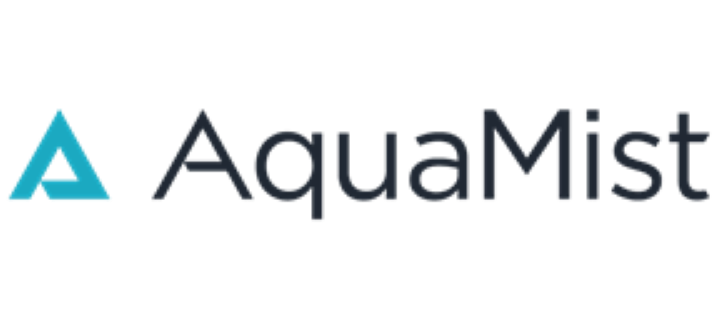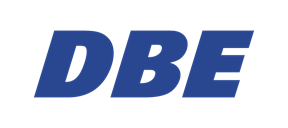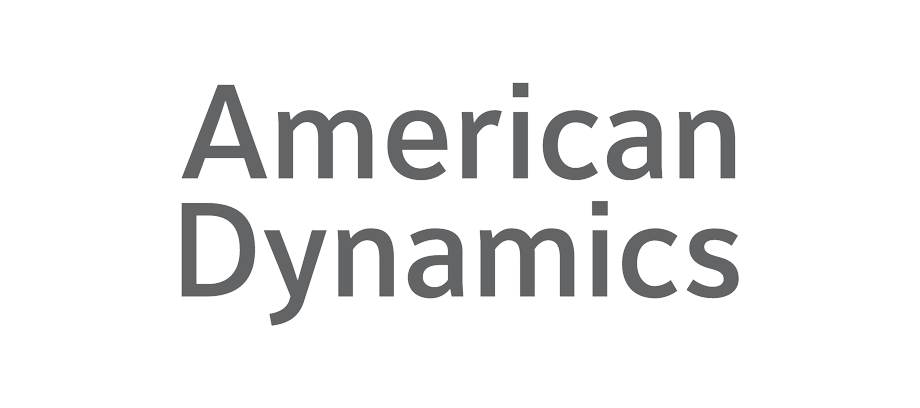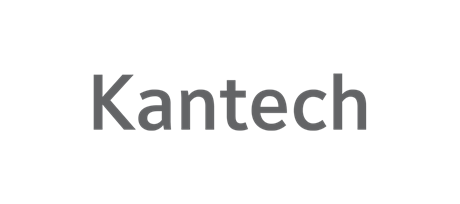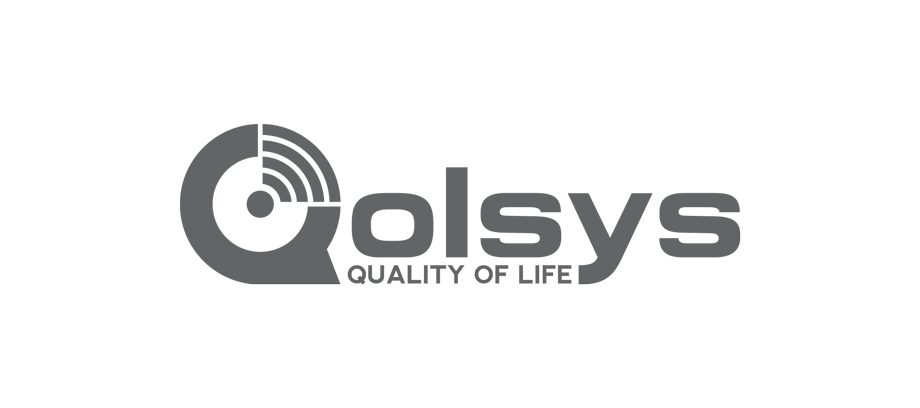- Johnson Controls
- Insights
- Closing the Workforce Gap Through Industry-leading Technical Training
Closing the workforce gap through industry-leading technical training
The controls technical learning program at Johnson Controls delivers promising career opportunities.

Insights from Dean Johnson, Lead Instructor, Johnson Controls
 Can you provide an overview of the controls technical learning program and what your role entails?
Can you provide an overview of the controls technical learning program and what your role entails?
Of course. Johnson Controls technical learning includes a three-week program of foundational technical learning focused on controls, followed by additional product-specific courses concentrating on programming these solutions. I’ve been an instructor leading the foundational component of the program for over 30 years. This program ensures that our students learn the right methodology to excel once they are in the field. Topics range from the physics of heat transfer and air and water fluid flow, to the basics of NFPA code and communication protocols.
What does this program with Johnson Controls offer that might be appealing to prospective students?
Students coming into this program aren’t only exposed to a solid product line but also a larger network outside of their local geographic area, rather than the ten or so other individuals with the same role at their branch location. This is impactful for their networking and career development as they’re teamed with professionals across a national network that they might not have met otherwise, allowing them to make connections that last throughout their entire career.
The controls technical learning program is also one of the best in the industry. There’s a saying on the customer side that, “Johnson Controls is the training organization that trains the industry,” and we’re proud to be recognized as the elite of these training organizations.
What are your thoughts on the workforce gap within this field?
The reality is, we have a systemic problem in high school education. Guidance counselors have been programmed to push college for many years. While they have gotten better at opening their eyes to other avenues and considering the benefits of vocational careers, we haven’t turned that corner one hundred percent. There is a fundamental disconnect between how society looks at these jobs and their benefits.
For example, if you look at the 1990s and early-2000s, it was common for shop classes to get cut from high school curriculums for insurance purposes. This really hurt our industry because if the average 18-year-old doesn’t know someone who works in the industry, or they’re not getting that exposure through a shop class, they’re not going to look at that HVAC van driving down the street and connect the fact that it may be an opportunity that’s right for them.
The controls technical learning program is also one of the best in the industry. There’s a saying on the customer side that, “Johnson Controls is the training organization that trains the industry,” and we’re proud to be recognized as the elite of these training organizations.
If you’re the type of individual that doesn’t like the concept of four years of college and a big balloon payment upon graduation, there are other options. There needs to be more awareness that there’s a whole other avenue you can take. If we look at our population, right now more workers are leaving the industry than coming in. It’s especially critical for positions to be filled as workers are considered essential employees, and services cannot be outsourced in the event of a downturn. Prospective students need to realize that there’s a tremendous need and opportunity for anyone who wants to get involved in vocational learning.
How does Johnson Controls aim to address this workforce gap?
Over the last 10 to 15 years, the industry took it upon itself to change how high schools approach vocational careers because it wouldn’t change without our impact. Companies are building training institutions and going to high schools, saying, “Hey, let your juniors and seniors take a shop class at our location. We’ll take on the liability and give them all the tools and resources they need to truly excel.” By doing so, we’re filling our pipeline by offering these workforce programs.
A great example is how we’re updating building controls and equipment at large school districts as part of our key HVAC contracts. By doing this, we’re including performance consulting education that lets us offer green HVAC vocational programs to generations of students to come. We’re currently doing so in Philadelphia and Trenton, Tennessee, where we have Johnson Controls materials and coursework taught to high schoolers. Those students are then turning around and getting jobs in our industry, which offers them promising success in the long run.
Over the next few years, where do you see the program going in terms of growth?
Because we bring in more inexperienced students, there’s a critical need for additional lower-end foundational programs. We have students who might not even know which end of a screwdriver to pick up! But, they’re eager to learn and apply themselves in a more hands-on setting while not having to take on large amounts of student loan debt. However, since shop classes aren’t available to many high school students, they lack this hands-on experience early on. This is an essential element that we realize, and we’re focusing on adapting to, so we’re doing all we can to get new students up to speed.
In recent years, have you noticed any changes in the program as technology has advanced?
Our buildings are only getting smarter and smarter. Fifteen years ago, when you sat down at a central station to control a building, it was dedicated to only HVAC, or fire, or security. It was rare to integrate these concentrations into a singular solution and work across different subsystems. That’s changed, for sure. This integration of a building’s mechanical aspects is much more fluid and robust than it was even five years ago.
And as these buildings get more intelligent, Johnson Controls remains at the forefront of these advancements. We’re one of the few companies that offer a full product portfolio that integrates three domains, which puts us in a unique spot. Think about what Cisco and Sun Microsystems did in the 1980s – they built an economy of jobs that didn’t exist at the time. They successfully created their own certifications to validate their skillsets because universities didn’t provide them. That’s what’s happening here – we need students who are eager to understand the many benefits smart buildings can bring to make our everyday lives that much easier. At Johnson Controls, we’re proud of the long-term success we’re seeing in our students through our technical programs.
Related Items
Training Services
The Johnson Controls Training Institute offers affordable HVAC, Building Automation System (BAS), and Variable Refrigerant Flow (VRF) training services.
BAS & HVAC Training Courses
Johnson Controls Training Institute offers HVAC and BAS training to upskill your staff, maximize your buildings’ efficiency, and increase your ROI.
Training Turned into Practical Skills
For more than 60 years, the Johnson Controls Training Institute has delivered high-quality technical training that promises a competitive advantage with practical, hands-on instruction.

